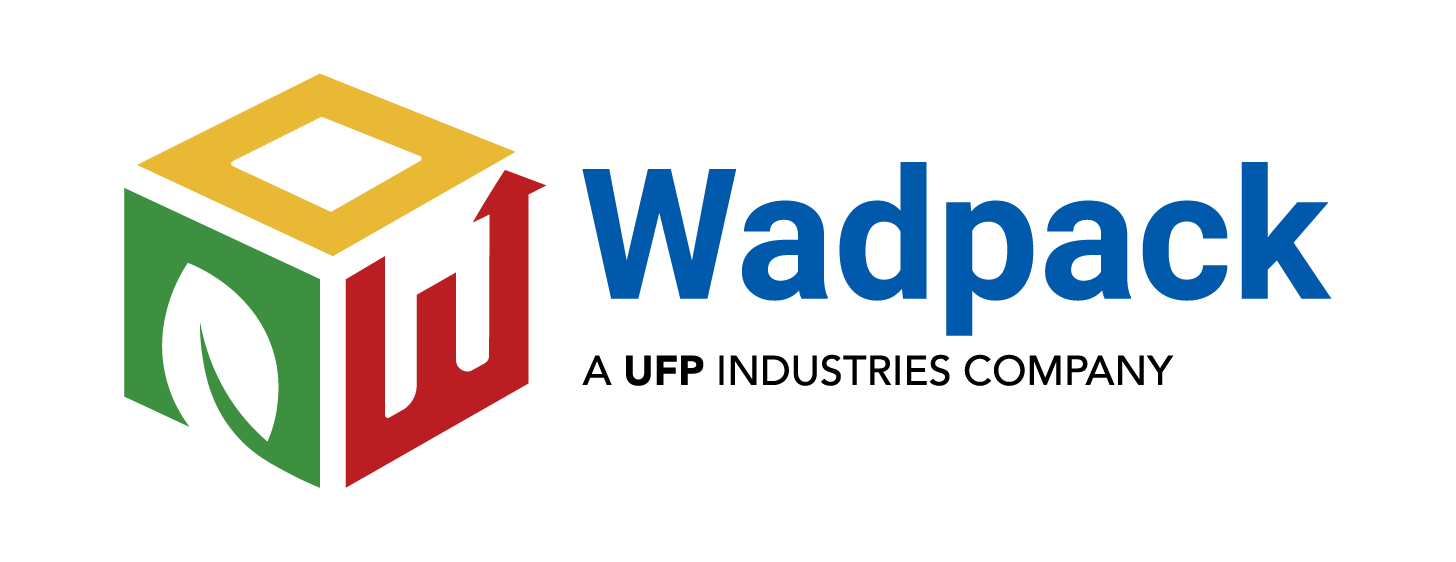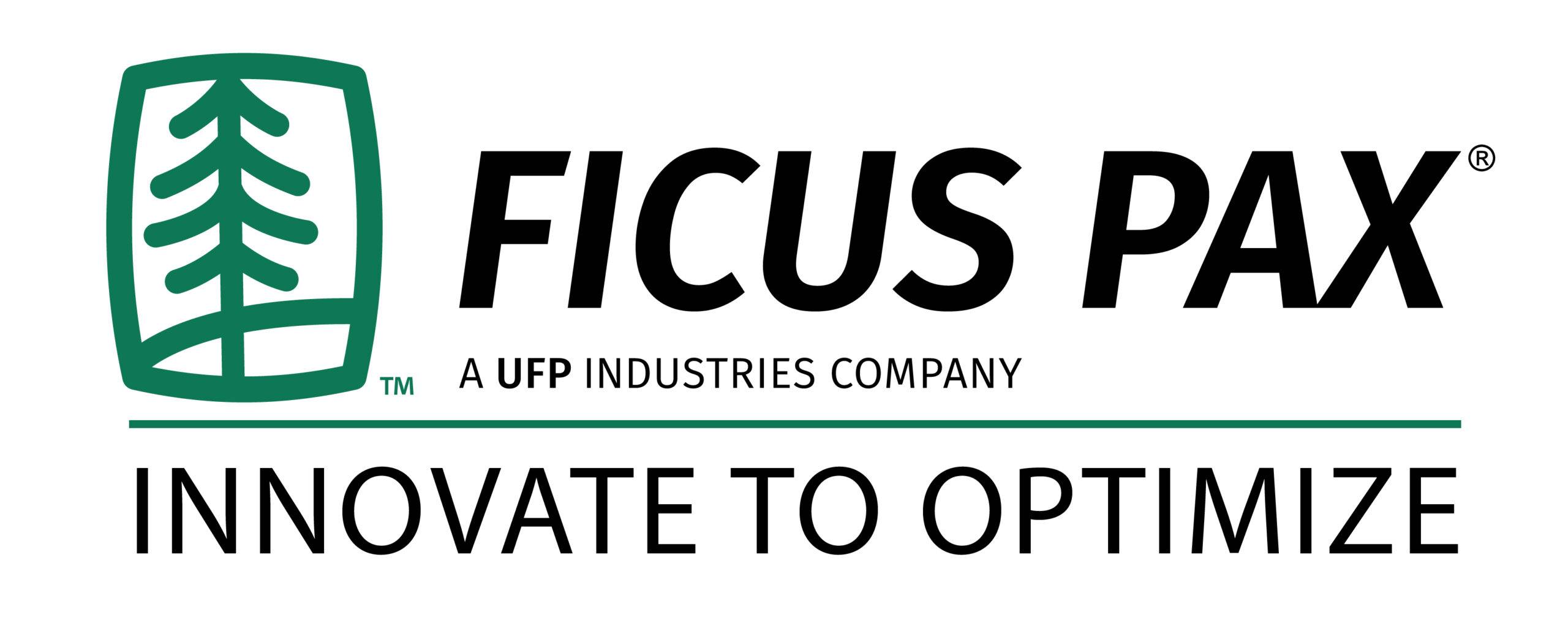Does the IBC meet all relevant regulations and standards for storage and transport?

The Intermediate Bulk Container (IBC) is designed to meet various regulations and standards for the storage and transport of goods. Here are some of the relevant regulations and standards that IBCs typically comply with:
- UN/DOT Regulations: IBCs are subject to the United Nations (UN) and the Department of Transportation (DOT) regulations, which set standards for the safe transportation of hazardous materials. IBCs are rigorously tested to ensure they can withstand the stresses and hazards associated with transportation, including impact, stacking, and leakage.
- FDA Compliance: If the IBC is intended for the storage or transport of food, pharmaceuticals, or other products regulated by the U.S. Food and Drug Administration (FDA), it needs to meet specific FDA requirements. This includes using food-grade materials and ensuring cleanliness and hygiene standards.
- ISO Standards: IBCs often comply with relevant International Organization for Standardization (ISO) standards, such as ISO 9001 for quality management systems and ISO 14001 for environmental management systems. These standards ensure that the manufacturing processes, materials, and overall quality of the IBCs meet international norms.
- Hazardous Material Regulations: Depending on the nature of the materials being stored or transported, IBCs must adhere to regulations governing hazardous materials. This may include compliance with specific labeling, marking, and documentation requirements to indicate the type of hazard and provide appropriate handling instructions.
- Compatibility with Packaging Codes: IBCs are designed to be compatible with various packaging codes, such as the UN Packaging Codes, which specify the requirements for the construction, design, and performance of packaging used for hazardous materials. These codes ensure that IBCs can safely contain and transport different types of substances.
- Industry-Specific Standards: Certain industries, such as chemicals, pharmaceuticals, and agriculture, may have specific standards and regulations for the storage and transport of their products. IBCs used in these industries may need to meet additional requirements to ensure compliance with industry-specific guidelines.
It’s important to note that specific regulations and standards can vary by country or region. Therefore, it is crucial to consult local regulatory bodies or seek guidance from packaging experts who are knowledgeable about the specific requirements in your area. They can help ensure that the IBCs you use meet all relevant regulations and standards for storage and transport in your specific location and industry.




Leave a Comment